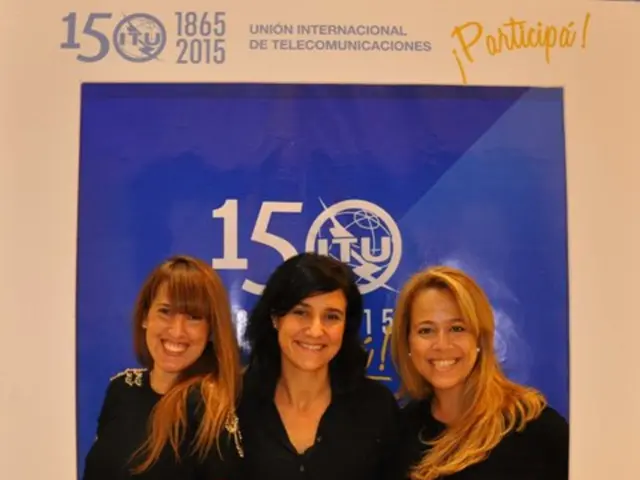AI Law Boosts Culture Sector, But Miras Council Warns of Repair Delays
The Majilis has adopted the Law on Artificial Intelligence, sparking news momentum in various sectors, including culture and art. Meanwhile, the 'Miras' council has raised concerns about delays in cultural facility repairs and construction, with members demanding concrete action.
The new AI law has inspired discussions on its potential impact on culture and art. Senator Nur Tore Zhusip has proposed exploring the 'Rukhaniyat' centers' experience for effective cultural development. However, the responsible authority for implementing Miras Council recommendations within the AMANAT Party's election program remains unclear.
The 'Miras' council has criticized the slow pace of cultural facility repairs and construction. Despite this, since 2021, 10 museums, 5 libraries, 24 rural clubs, 8 cultural houses, 4 cultural centers, and 2 theaters have been commissioned and handed over to the public. Upcoming projects include the capital repair of the Serke Kozhymkulov Music-Drama Theater by 2025 and the completion of the Friendship House in Ulytau region in 2026.
Many cultural houses in remote areas are outdated and in need of repair, facing staff and audience shortages. Mazhhol Altay, the 'Miras' council chairman and Majilis deputy, has demanded measures to tackle bureaucratic hurdles in the cultural sphere. Plans are in place to build 759 new cultural facilities and renovate 1259 by 2027 in Almaty City alone. Cultural facility construction and modernization have been ongoing in 17 regions since 2021. Despite these efforts, lack of funding has led to the postponement of the 'Tulpar Kuni' festival until next year.
The adoption of the Law on Artificial Intelligence has brought new prospects to the cultural sector. However, addressing the 'Miras' council's concerns about cultural facility repairs and construction, as well as tackling bureaucratic obstacles, will be crucial for the sector's growth and development.







